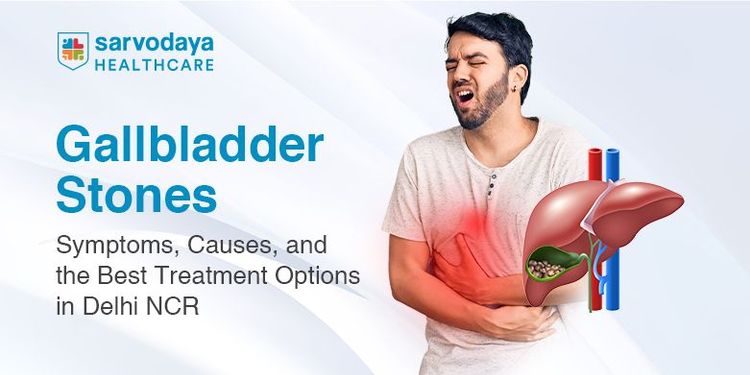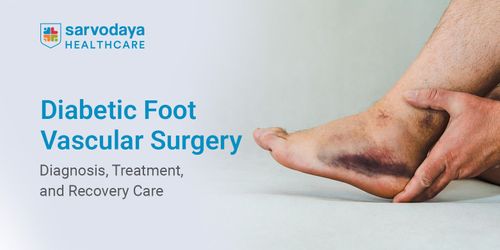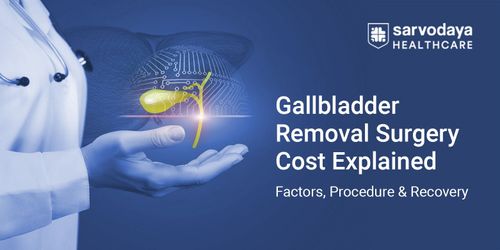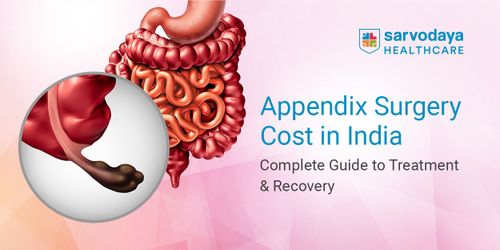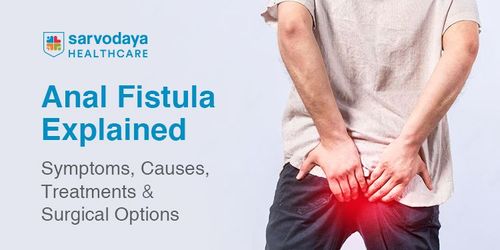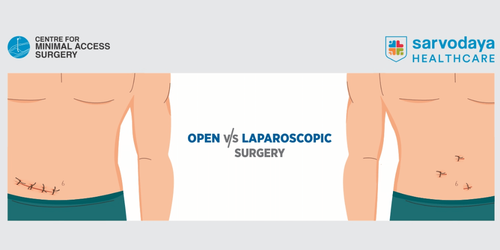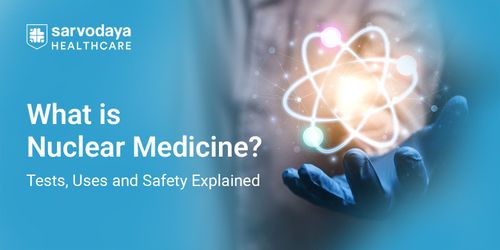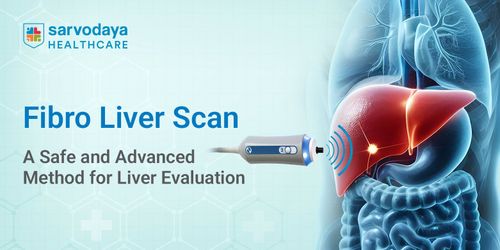Gallbladder stones are a common digestive health issue that can severely impact daily life. They may cause pain, discomfort and indigestion and even lead to complications if left untreated. For many people, gallbladder stones may remain silent, but when symptoms appear, they can become physically and emotionally draining. Early consultation with a gallbladder specialist can make a significant difference in timely diagnosis and treatment.
In this blog, we will explore what gallbladder stones are, the different gallbladder stone types, the symptoms to look out for, and the treatment options available.
Understanding Gallbladder Stones
Gallbladder stones, also known as gallstones, are hardened deposits that form inside the gallbladder, a small organ located beneath the liver. The gallbladder stores bile, a digestive fluid that helps break down fats. When the composition of bile becomes imbalanced, stones may form.
There are three primary gallbladder stone types:
- Cholesterol Stones: These are the most common and form when bile contains too much cholesterol.
- Pigment Stones: These develop due to excess bilirubin, often linked with liver disease or certain blood disorders.
- Mixed Stones: A combination of cholesterol and pigment stones, making them harder to classify.
The size of these stones may vary significantly, from tiny grains resembling sand to large stones several centimetres wide. Some stones may not cause noticeable symptoms, while others can trigger sudden and severe abdominal pain that requires immediate medical attention.
Gallbladder Stones: Causes and Risk Factors
Gallbladder stones form when the chemical balance of bile is disrupted.
There are several key gallbladder stone reasons that contribute to their development. These include:
- Excess Cholesterol in Bile: When the bile contains too much cholesterol, it can crystallise and eventually form stones.
- Excess Bilirubin in Bile: High levels of bilirubin, often linked with liver conditions or infections, can cause pigment stones.
- Poor Gallbladder Emptying: If the gallbladder does not empty completely or often enough, bile may become concentrated and form stones.
In addition to these reasons, certain risk factors increase the chances of developing gallbladder stones:
- Being over 40 years of age.
- Family history of gallstones.
- Obesity or rapid weight loss.
- High-fat or high-cholesterol diet.
- Pregnancy and hormonal changes.
- Certain medical conditions, such as diabetes or liver disease.
Symptoms of Gallbladder Stones
Gallbladder stones can present in different ways. Some people may have silent stones that cause no symptoms, while others may experience sudden and severe pain.
Below are the most common symptoms:
- Sudden Abdominal Pain: Typically in the upper right or middle abdomen, which may last for a few minutes to several hours.
- Pain Radiating to the Back or Shoulder: Discomfort may spread to the right shoulder blade or back.
- Nausea and Vomiting: Common during gallbladder attacks.
- Indigestion and Bloating: Especially after eating fatty meals.
- Fever or Chills: May indicate infection or inflammation of the gallbladder.
- Jaundice (yellowing of skin and eyes): Caused by stones blocking the bile duct.
Recognising these symptoms early is essential. Ignoring them can lead to complications such as gallbladder infection, inflammation of the pancreas or liver issues.
Indications for Gallbladder Stone Surgery
While some gallbladder stones may not cause symptoms, others can lead to serious health issues that require immediate attention.
Gallbladder stone surgery is usually recommended in the following situations:
- Persistent pain in the upper abdomen that does not improve with medication.
- Repeated gallbladder attacks cause discomfort and loss of daily productivity.
- Inflammation or infection of the gallbladder (cholecystitis).
- Blockage of the bile ducts leading to jaundice or pancreatitis.
- Severe indigestion and nausea were triggered after eating fatty foods.
If left untreated, gallbladder stones can cause complications such as gallbladder rupture or infection spreading to other organs. Early surgical intervention performed by the best general surgeon in Delhi NCR ensures a safer procedure and faster recovery.
Gallbladder Stone Treatment Options
The treatment plan for gallbladder stones depends on their size, type and whether symptoms are present. In many cases, surgery is the most effective solution.
Common treatment options include:
- Medications: These may help dissolve stones, but they are rarely effective for large or multiple stones and often take months or years to work.
- Gallbladder Stone Laser Treatment: A minimally invasive technique used in select cases to break stones, though not widely available everywhere.
- Laparoscopic Surgery: The most common and highly successful treatment. It involves removing the gallbladder using tiny incisions, resulting in less pain, quicker recovery and minimal scarring.
- Open Surgery: Used only in rare cases where laparoscopic surgery is not possible due to complications.
- Robotic Gallbladder Removal Surgery: An advanced minimally invasive technique that uses robotic precision to remove the gallbladder. It provides greater accuracy, reduced pain, faster recovery and minimal scarring compared to traditional methods.
Patients in the region can access advanced gallbladder stone surgery in Faridabad, Delhi NCR, where modern laparoscopic techniques are routinely used.
Conclusion
Gallbladder stones are a common yet often overlooked health condition that can cause significant pain and complications if left untreated. Recognising the symptoms early, understanding the gallbladder stones, and consulting a gallbladder specialist near me can help patients make informed decisions about their health.
At Sarvodaya Hospital, Faridabad, patients receive comprehensive care for gallbladder stone surgery in Faridabad, Delhi NCR. The hospital is equipped with advanced laparoscopic technology, experienced specialists and a dedicated team of professionals to ensure the highest standards of safety and comfort. Sarvodaya also offers robotic gallbladder removal surgery, an advanced minimally invasive technique designed to provide enhanced precision, minimal scarring and a faster recovery. The robotic approach ensures greater surgical accuracy, reduced pain, lower risk of complications and a quicker return to daily activities – all while prioritising patient safety and comfort. Whether you require surgery or a preventive consultation, Sarvodaya Hospital provides personalised solutions that improve long-term health outcomes.
Book an appointment now with the best general surgeon in Faridabad, and let the experienced medical team help you look forward to a pain-free life with improved digestion and overall well-being.
Our Specialist here also:
1. Best General Surgeon in Greater Noida
2. Best General Surgeon in Noida


